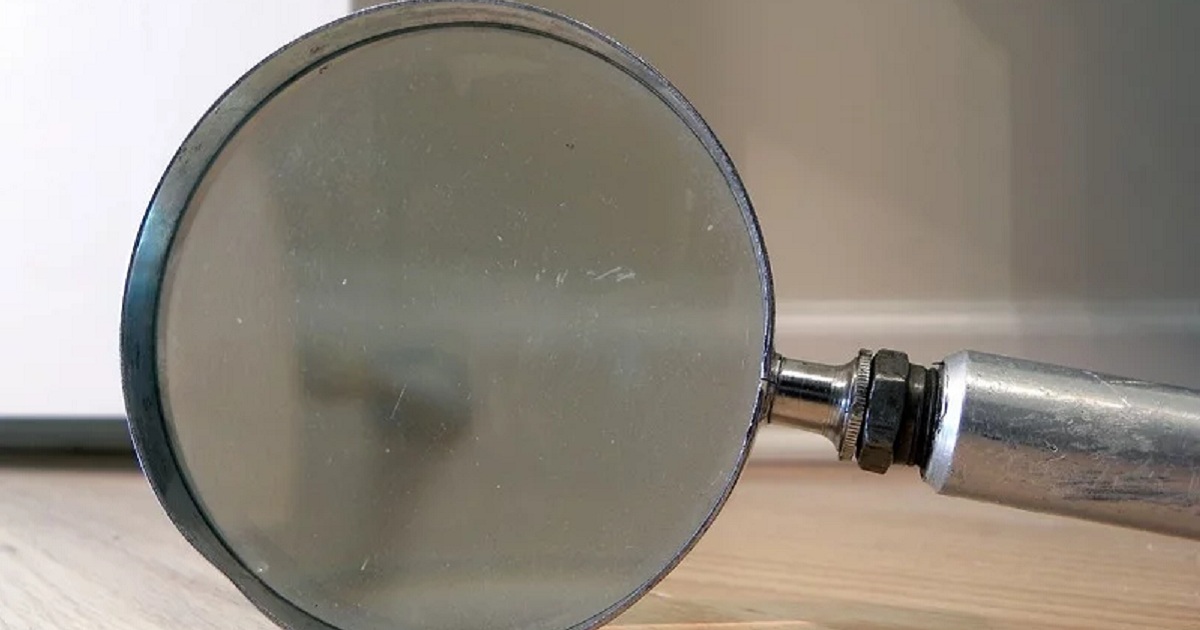J and J boasted about defending Remicade from biosims. Now its under FTC investigation
FiercePharma | July 30, 2019

Johnson and Johnsons big-selling Remicade has held most of its ground against biosimilar competition, thanks in part to some aggressive payer contracts that rivals including Pfizer have called into question. Now, the FTC has some questions of its own. The Federal Trade Commission issued a civil investigative demand to J and J last month, looking into whether the companys biosimilar defense strategy violates federal antitrust laws, the company said in a second-quarter filing with the SEC. The agency's probe follows years of biosimilar competition that yielded little result for Remicade's challengers until just recently. And J&J hasn't been shy about touting its brand's success in the face of rivals. The drug initially lost sales much slower than many market watchers had expected, and company executives attributed its performance to savvy contracting. J&J used those contracts to battle copycat attack, first from Pfizer in 2016 and then from Merck the following year. Ahead of those biosim launches, the company’s then-pharma chairman Joaquin Duato said J&J planned to develop “innovative contracts” intended to “utilize the full breadth” of its portfolio. In July 2017, Bernstein analyst Ronny Gal wrote a note to clients detailing the company’s three-pronged approach. J&J set up exclusive contracts in nearly half the market, leveraging its large market share and the rebates it pays out, not only on Remicade, but other meds in its portfolio.